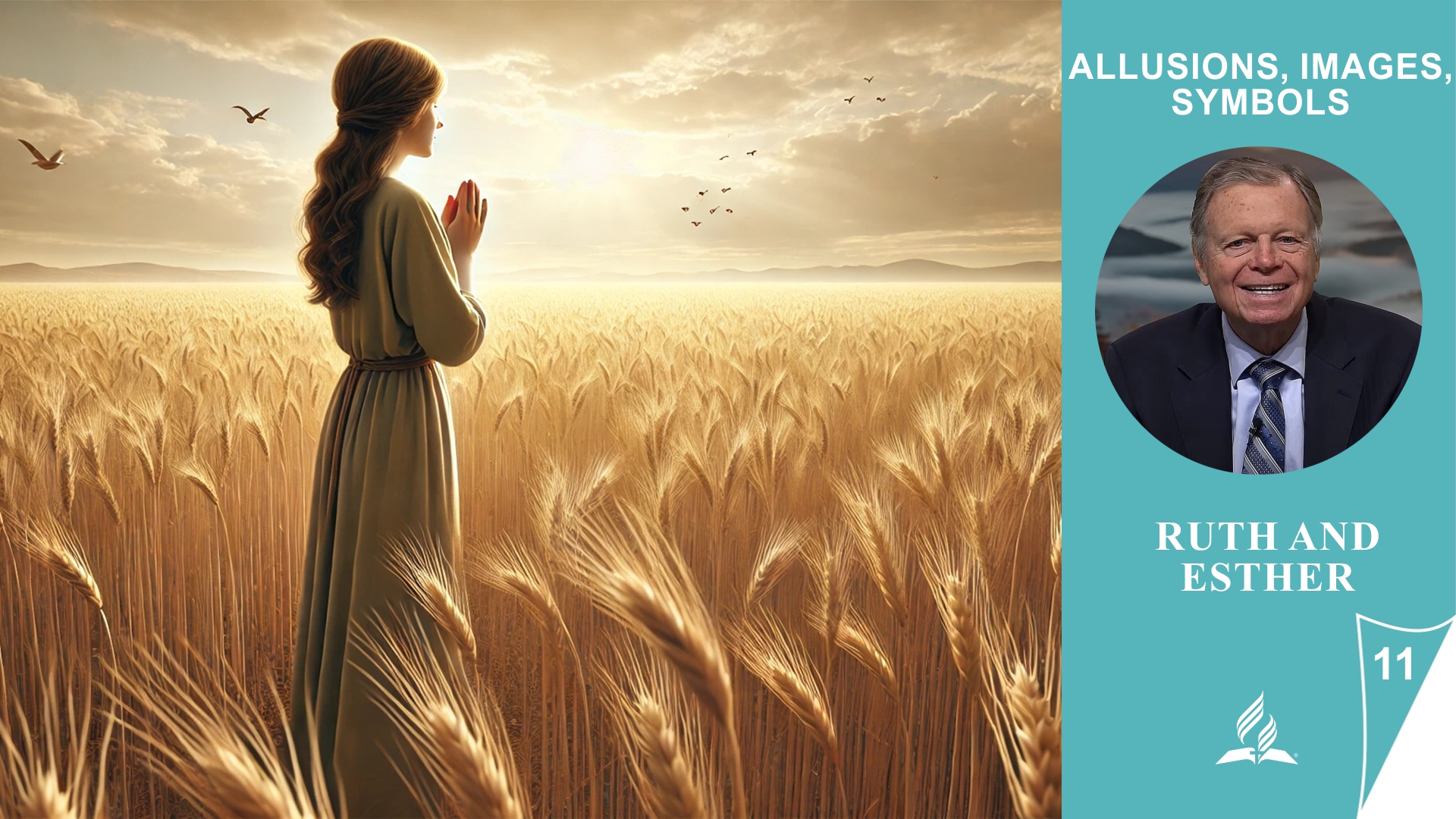 8.6.2025 | Like Honey on the Tongue | HEART ANCHOR
8.6.2025 | Like Honey on the Tongue | HEART ANCHOR
 When God’s words touch our hearts
When God’s words touch our hearts
 Psalm 119:103
Psalm 119:103
⸻
 Bible Text
Bible Text
“How sweet are your words to my taste, sweeter than honey to my mouth!”
– Psalm 119:103
⸻
 Devotional
Devotional
Imagine taking a spoonful of pure honey: at first you taste only a delicate sweetness that makes you want to close your eyes. Then the warm, creamy flavor spreads in your mouth and makes you blissful. In exactly this way the psalmist describes how he experiences God’s words.
God’s Word is not merely information but an experience: it tastes sweet because it brings life, offers comfort, and shows the way. When we read the Bible, we experience in our inner senses the warmth, the comfort, and the clarity that dwell in every verse. It is a flavor for heart and soul that nourishes and strengthens us.
⸻
 Story – “The Honey Treasure in the Jacket Pocket”
Story – “The Honey Treasure in the Jacket Pocket”
Lea was fifteen and life wasn’t easy. Things were stumbling along at school, there was fighting at home, and in the evenings she often felt alone. One day she found, in her mother’s jacket pocket, a small jar with Bible-verse stickers and a tiny plastic spoon. On it was written: “Give it a try: Psalm 119:103.”
Curious, Lea opened the jar, pulled out a note, and read:
“How sweet are your words to my taste, sweeter than honey to my mouth!”
She laughed. A verse about honey—how silly! But she took the spoon and pretended to eat honey. Suddenly she remembered that her grandmother used to speak of “spiritual honey.” So she searched her room for the Bible—it was way down on the dusty bookshelf. She opened Psalm 119 and read the words out loud:
“How sweet are your words to my taste, sweeter than honey to my mouth!”
Something happened: in that simple sentence she felt comfort for the first time. The school problems, the quarrels, all the worries—for a moment, they seemed less heavy. It was as if she had a tiny drop of real honey on her tongue. That evening she decided to read a small portion of the Bible each day. And every time she found a verse that touched her, she wrote it on a slip of paper and placed it in the jar. Before long, the jar became her own personal “Pot of Encouragement Honey.”
⸻
 Thoughts on the Devotional
Thoughts on the Devotional
-
Warmth instead of Cold: God’s Word meets us not cold or abstract but warmly and personally. Every verse invites us straight into the heart.
-
Closeness instead of Distance: Just as honey sweetens everyday life, the promises of the Bible sweeten our lives—they let us feel: I am not alone.
-
Direction instead of Confusion: When we don’t know which way to go, the Bible gives us clarity: it shows us how to love, how to forgive, and how to learn trust.
Psalm 119:103 reminds me that God is not contained in theories, but in lived, honest words that want to strengthen us. His promises “taste” like security and hope.
⸻
 Impulses for Today
Impulses for Today
-
“Biblical Spoonful of Honey”: Take five minutes today to read a Bible verse unfamiliar to you—slowly read it out loud. Close your eyes and notice what sensation it stirs in you. Which word feels especially sweet to you right now?
-
Reminder Post‐it: Write your favorite Bible verse—perhaps Psalm 119:103—on a small note and stick it where you’ll see it at least five times today (mirror, phone case, notebook). Each time you see it, say to yourself briefly: “God’s Word strengthens me.”
-
Honey‐Tea Meeting: Meet a friend for tea or juice and share what Bible verse has encouraged you recently. Intentionally share a passage that felt “sweet” to your heart—and pray for each other’s strengthening.
⸻
 Prayer
Prayer
Dear Heavenly Father,
You have given us Your Word so that it tastes like fresh honey in our soul. Help us to discover anew each day the richness of Your promises. Grant us eyes that see how sweet Your words are, and ears that listen closely when You comfort and encourage us.
When we become lost in worries and fears, remind us that You strengthen us with Your truth. Give us the courage to open the Bible with clear hearts and to develop a renewed longing for You. Let Your Word become so alive that even in difficult times we find comfort and share it with others.
Bless us so that we pass on Your Word—like honey that flows sweetly over the lips and sweetens everything that is fleeting. In Jesus’ name, Amen.
Source: https://fulfilleddesire.net/8-6-2025-when-gods-words-touch-our-hearts-heart-anchor-youth-devotional/




 Lesson 10: Upon Whom the Ends Have Come
Lesson 10: Upon Whom the Ends Have Come 10.7 Questions
10.7 Questions Introduction
Introduction Answers to the Questions
Answers to the Questions Question 1: Jesus told His disciples that they are in the world but not of the world (see John 15:19; 17:14–16). How do we reconcile our responsibility to win the world with the need to keep ourselves “unstained by the world” (James 1:27)?
Question 1: Jesus told His disciples that they are in the world but not of the world (see John 15:19; 17:14–16). How do we reconcile our responsibility to win the world with the need to keep ourselves “unstained by the world” (James 1:27)? Spiritual Principle
Spiritual Principle Application in Daily Life
Application in Daily Life Conclusion
Conclusion Thought of the Day
Thought of the Day Illustration – The Sound of Another World
Illustration – The Sound of Another World June 7, 2025
June 7, 2025 DAILY BIBLE READING
DAILY BIBLE READING Exodus 2 – Drawn from the Water – God’s Hidden Work
Exodus 2 – Drawn from the Water – God’s Hidden Work How God prepares, leads, and uses people even in times of suffering
How God prepares, leads, and uses people even in times of suffering Bible Text – Exodus 1 (KJV)
Bible Text – Exodus 1 (KJV) Introduction
Introduction Commentary
Commentary God’s calling often begins in hidden places.
God’s calling often begins in hidden places. Summary
Summary Message for Today
Message for Today Key Thought for the Day
Key Thought for the Day ~~~~~
~~~~~
 June 1 – 7, 2025
June 1 – 7, 2025